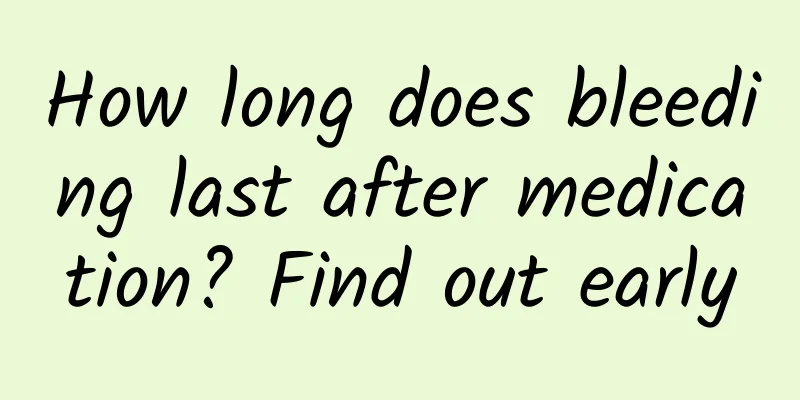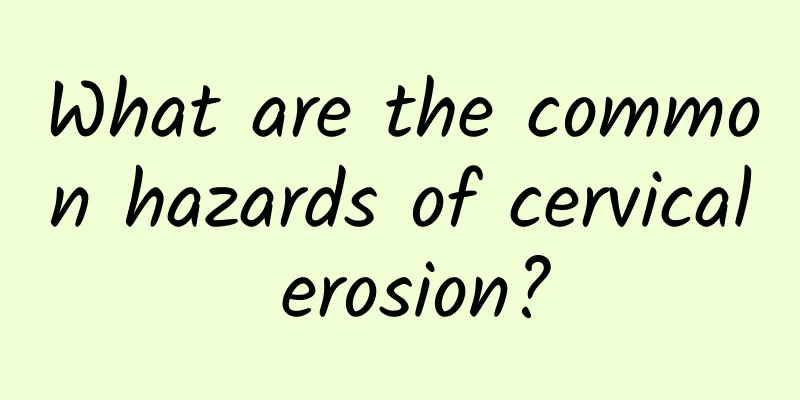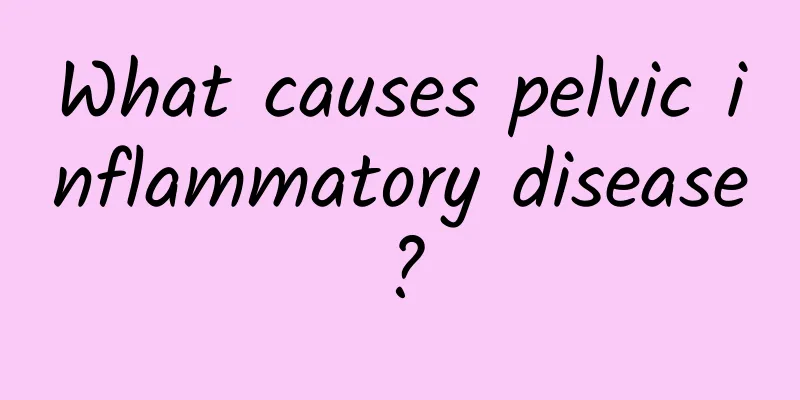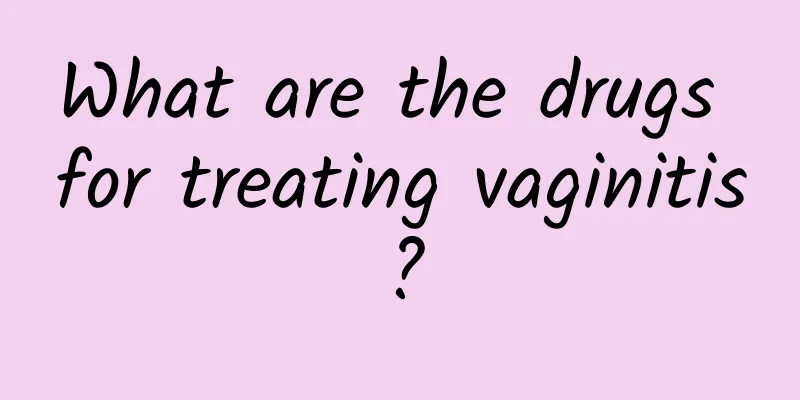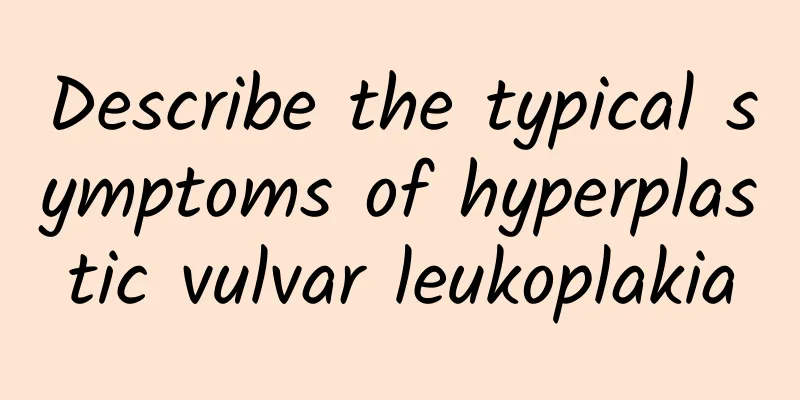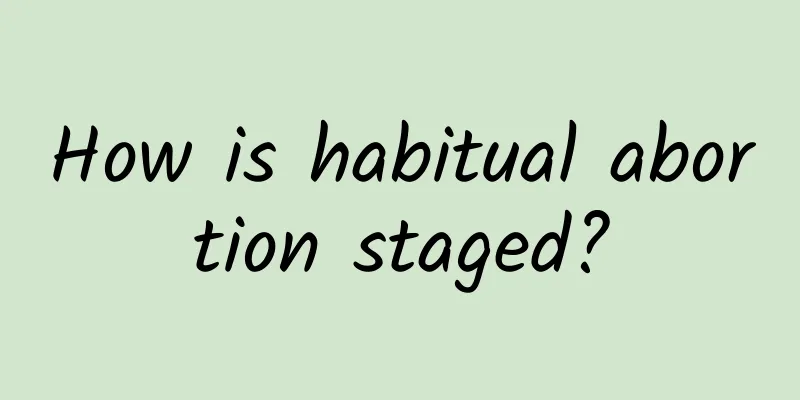Will uterine fibroids eat blood and cause anemia?
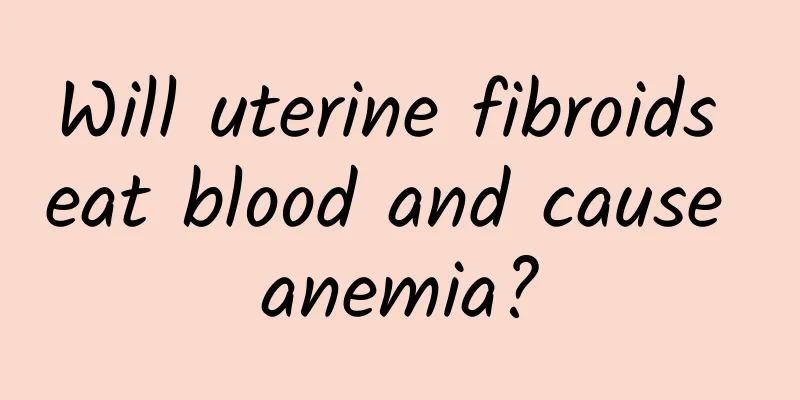
|
Uterine fibroids may cause anemia. The main reason is that some uterine fibroids, due to their location and size, can cause abnormal uterine bleeding, leading to long-term or massive hemorrhagic anemia. By combining the cause and symptom analysis, treatment methods include drug therapy, surgical intervention, and dietary conditioning. 1) Causes of anemia caused by uterine fibroids Uterine fibroids can cause anemia primarily through abnormal bleeding, which can be caused by: - Location of fibroid growth: For example, fibroids located under the uterine mucosa can easily interfere with the normal shedding of the endometrium, leading to increased menstrual flow or prolonged menstruation. - Fibroid size: Larger fibroids may increase the surface area of the uterus and promote angiogenesis, which may lead to abnormal menstrual flow. -Influence of hormone levels: The occurrence of uterine fibroids is related to increased estrogen levels, and high estrogen levels themselves may cause thickening of the endometrium and increased menstrual blood volume. 2) Manifestations and diagnosis of anemia Hemorrhagic anemia caused by uterine fibroids often presents with the following symptoms: pale complexion, fatigue, dizziness, etc., which require special vigilance. A routine blood test can reveal a decrease in hemoglobin, and ultrasound examination can confirm the presence and severity of uterine fibroids. If these symptoms or abnormal indicators are found, seek medical attention in a timely manner. 3) Treatment of uterine fibroids and anemia -Medication: The following medications may be tried to control bleeding and anemia: -Gonadotropin-releasing hormone agonists (GnRH-a): such as leuprolide, can temporarily shrink fibroids and reduce menstrual flow. - Nonsteroidal anti-inflammatory drugs (NSAIDs): Such as ibuprofen, can help relieve symptoms of cramping and heavy menstrual flow. - Oral contraceptives: By regulating hormone levels, they can improve the problem of heavy menstrual flow in some cases. -Surgery: When medications are ineffective or symptoms are severe, surgery may be considered: -Myomectomy: Suitable for patients who wish to preserve their fertility, only the fibroids are removed. -Hysterectomy: For patients who are no longer fertile or whose fibroids frequently recur, it can completely solve the problem. -Uterine artery embolization: By blocking the blood supply to the fibroids, the fibroids can be shrunk or even disappear. -Dietary adjustment: focus on nutritional supplements for anemia: -Iron-rich foods: such as red meat, animal liver and spinach. -Supplement vitamin C: such as citrus fruits, which helps the body absorb iron better. Early detection and active treatment of abnormal bleeding caused by uterine fibroids can effectively prevent anemia. If the symptoms of anemia are obvious or the treatment is ineffective, you should consult a doctor immediately to adjust the treatment plan and regularly check the health of the uterus. |
<<: Can I still get pregnant if I have a cyst on the left side of my uterus?
>>: What kind of exercise should I avoid if I have uterine fibroids?
Recommend
How do we find out the cause of cervical hypertrophy
Cervical hypertrophy is a pathological manifestat...
How to treat high prolactin? What should we pay attention to in daily life?
How to treat high prolactin? This is a question w...
What are the treatments for infertility caused by uterine fibroids?
There are many aspects of the treatment of uterin...
What should you pay attention to after multiple abortions?
Many people neglect post-abortion care, which lea...
What causes pelvic effusion? Know these and say goodbye to pelvic effusion
Speaking of pelvic effusion , I think all women w...
What tests should be done if there is no uterine fibroid? Can I get uterine cancer if I don't have uterine fibroid?
What tests should be done if there are no uterine...
What is the cause of left ovarian cyst and what are the obvious symptoms
What is the cause of left ovarian cyst? What are ...
Be careful! 7 bad sitting postures that ruin your waist curve
You like to cross your legs when you sit down, yo...
What are the most common causes of vulvar leukoplakia?
The appearance of vulvar leukoplakia has a great ...
Patients must understand the treatment precautions for cervical erosion
According to medical evidence, cervical erosion i...
Dietary treatment for delayed menstruation
Delayed menstruation is a common symptom of irreg...
What are the symptoms of miscarriage?
What are the symptoms of miscarriage? The main sy...
Clinical features of uterine fibroids
Uterine fibroids, also known as uterine leiomyoma...
Which is more harmful to the body, medical abortion or surgical abortion? Two common problems after medical abortion
Giving birth is a very happy thing for women, but...
What causes vaginitis in girls?
People generally believe that vaginitis only occu...
